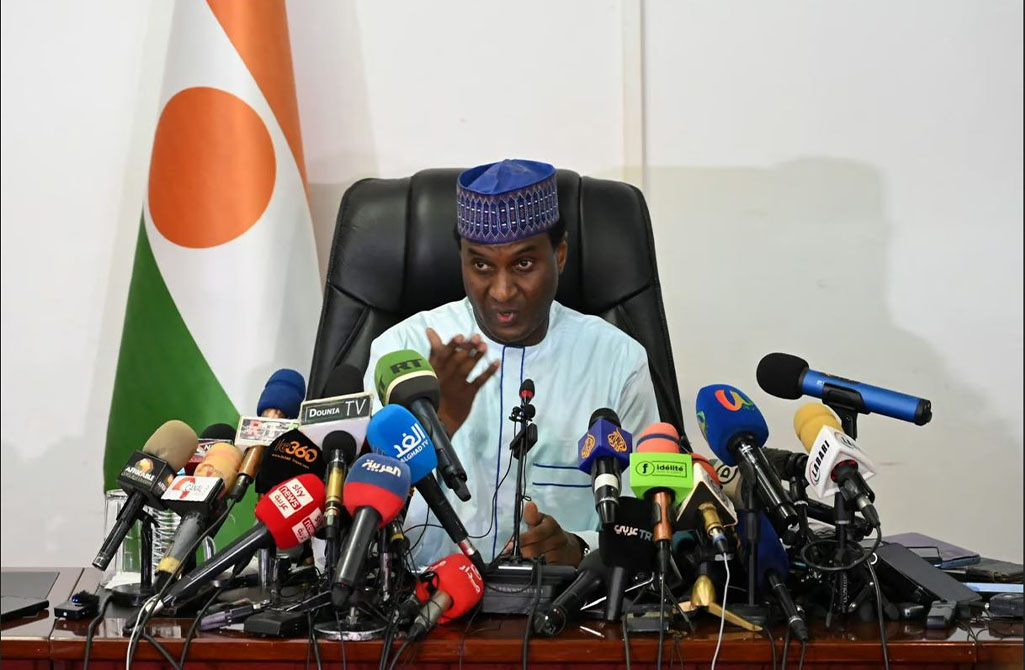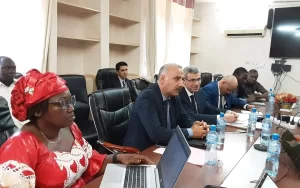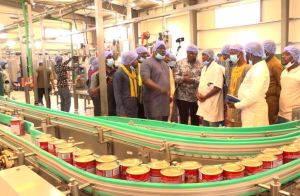Niger: Study reports on the impact of ECOWAS sanctions on the economy

The Nigerien government has established a framework to assess the economic impact of ECOWAS and UEMOA sanctions on the private sector, aiming to propose supportive measures. This Monday, Prime Minister and Minister of Finance Ali Mahamane Lamine received reports from eminent business figures forming two ad hoc committees.
These committees conducted studies from October 2023 to January 2024 across various sectors.
The primary goal is to foster a dynamic private sector as the cornerstone of national economic development.
The focus is on creating optimal conditions to promote a competitive and vibrant private sector in the medium to long term.
The committees were tasked with analyzing the private sector’s current state, identifying strengths, weaknesses, threats, and opportunities, as well as assessing the economic, financial, and social impacts of ECOWAS, UEMOA, and other partner sanctions on key sectors following the events of July 26, 2023.
They were also responsible for formulating recommendations to mitigate these sanctions’ impact and ensure business survival and sustainability.
Additionally, the commission was mandated to evaluate the negative effects of Niger’s withdrawal from ECOWAS on economic, fiscal, customs, and free movement aspects and to propose measures supporting private sector activities in the new context.
They were to analyze the pros and cons of the Nigerien private sector’s position within the African Economic Community (AEC) framework and outline the private sector’s vision for economic development.
Upon receiving the reports, the Prime Minister expressed gratitude and praised the contributors’ expertise, noting agreement with their observations and diagnoses.
The government committed to implementing the recommendations to achieve set objectives.
See also: AES: Burkina Faso, Mali and Niger finalise their Confederation
Titi KEITA












